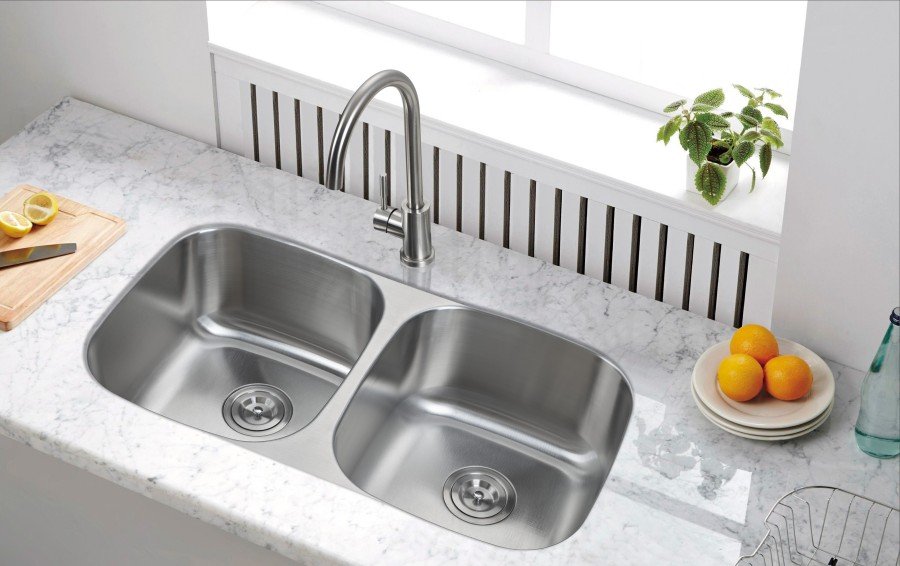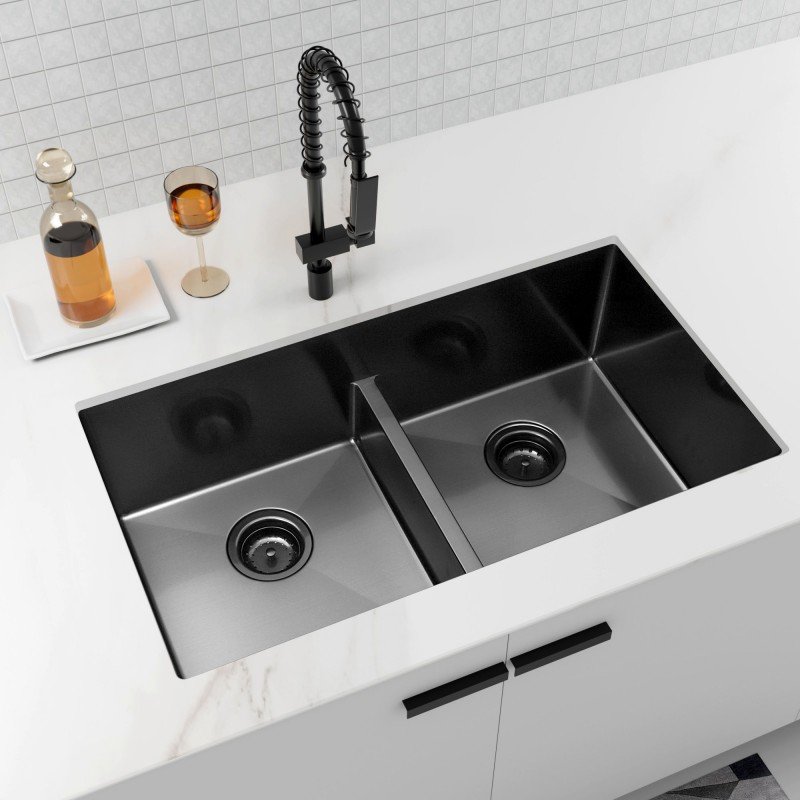The sink is one of the most important components in any kitchen or bathroom. It serves as a functional and aesthetic element, providing a convenient space for washing dishes or hands, and contributing to the overall design of the space. When choosing a sink, one of the factors to consider is its thickness. In this article, we will explore the role of sink thickness in durability and noise reduction.
Durability

One of the main factors that determine the durability of a sink is its thickness. Thicker sinks are generally more durable and less prone to denting or damage. This is because thicker sinks are made from a higher gauge of steel, which is stronger and more resilient. The gauge of a sink refers to the thickness of the steel sheet used to manufacture it. The lower the gauge, the thicker the steel sheet, and the more durable the sink.
In addition, thicker sinks are also less prone to cracking or chipping. This is because they have a greater resistance to impact and are better able to withstand heavy use over time. Thicker sinks are also more resistant to corrosion, which can be a problem in areas with hard water or high levels of humidity.
Noise Reduction

Another important factor to consider when choosing a sink is noise reduction. Sinks can be noisy when water hits the bottom of the basin or when dishes are washed or rinsed. Thicker sinks are generally quieter than thinner sinks because they absorb sound more effectively. This is because the thicker steel sheet used to manufacture the sink reduces the vibrations caused by running water or clanging dishes.
In addition to sink thickness, other factors can also affect noise reduction. For example, sinks with sound-dampening pads or coatings can further reduce noise levels. These pads or coatings are typically made from rubber or a similar material and are applied to the bottom of the sink.
Conclusion
In conclusion, sink thickness plays a significant role in the durability and noise reduction of a sink. Thicker sinks are generally more durable and less prone to damage or corrosion, making them a great investment for any kitchen or bathroom. They also absorb sound more effectively, making them quieter than thinner sinks. When choosing a sink, it is important to consider these factors in order to select a sink that meets your needs and fits your budget. By taking the time to choose a sink with the right thickness, you can ensure that it will last for years to come and provide a functional and aesthetic element in your home.
